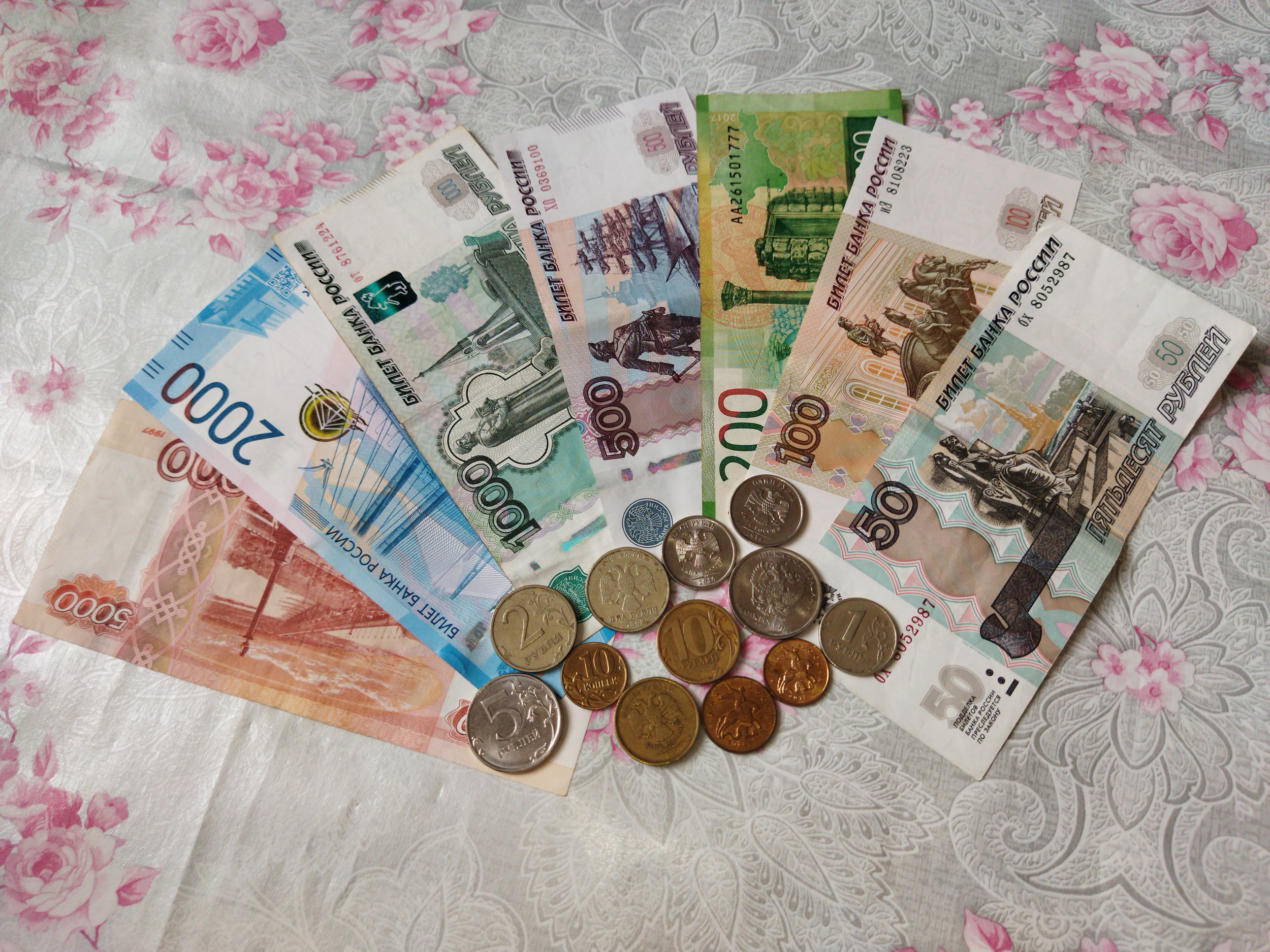Mauritius Government Asserts Control Over Chagos Archipelago
Salomon Atoll is one of the largest atolls within the Chagos Archipelago, and a key setting for the ongoing sovereignty dispute. (Wikimedia)
A group of Mauritians planted their nation’s flag on the British-controlled Chagos Archipelago for the first time on February 14. A small delegation of scientists, Mauritian government officials, and exiled Chagossians traveled to the group of islands and took part in the flag-raising ceremony. The ceremony is an important development in the ongoing Chagos Archipelago sovereignty dispute between Mauritius and the United Kingdom.
The Chagos Archipelago is a collection of more than sixty islands in the Indian Ocean, and is located around 500 kilometers south of the Maldives. The largest island, Diego Garcia, hosts a British military facility that is currently being leased to the United States
The Mauritian government has celebrated the expedition as progress in gaining control of the island chain. Jagdish Koonjul, the Mauritian Ambassador to the United Nations and official leader of the delegation, affirmed, “We are performing the symbolic act of raising the flag as the British have done so many times to establish colonies. We, however, are reclaiming what has always been our own.”
In response to the ceremony, the British Foreign Office released a statement saying that the U.K. “has no doubt as to our sovereignty over the British Indian Ocean Territory”. The British government has previously promised to relinquish their control over the archipelago once it is no longer required for their military needs. In contrast to the official government position, Jeremy Corbyn, a Member of Parliament for Islington North and former Leader of the Labour Party, tweeted in support of Chagos Refugee Group leader Oliver Bancoult, acknowledging that his “lifetime of campaigning for justice for Chagossians is recognised the world over.”
International institutions have also weighed in on the Chagos Island sovereignty question. In January 2021, the United Nations’ special chamber of the International Tribunal for the Law of the Sea rejected the U.K.’s claim on the archipelago. The ruling significantly bolstered the legitimacy of Mauritius’s claim to the island chain.
The British government has controlled the Chagos Archipelago since 1814 when it was ceded by France after Napoleon’s defeat. At the time, the archipelago was a part of Mauritius, which was a colony of the British Empire. Slavery was practiced on the islands at the time, and modern-day Chagossians are descendants of slaves.
Notably, the Mauritian delegation to the Chagossian islands included several evicted Chagossians. From 1968, the year that Mauritius declared independence, to 1973, thousands of Chagossians were forcibly expelled from the archipelago. Human rights advocates have claimed that the expulsion amounted to a violation of the Chagossians’ natural rights, including the right of occupation. While the British government originally agreed that a right of return for the Chagossians would be included, that promise has never been realized.
The Chagos Archipelago sovereignty dispute reflects a legacy of British imperialism, and raises broader questions regarding the rights of former colonial states to overseas territories. For instance, the African Union and its constituent members have been reckoning with the issue of whether former African colonies are owed reparations by colonial powers for decades. Mauritius’s reclamation of the Chagos Archipelago sends a clear message to former colonial powers that the age of colonization is over.






Niger announced withdrawal from a key counterterrorism task force at the start of April, putting regional stability in jeopardy in the Sahel.